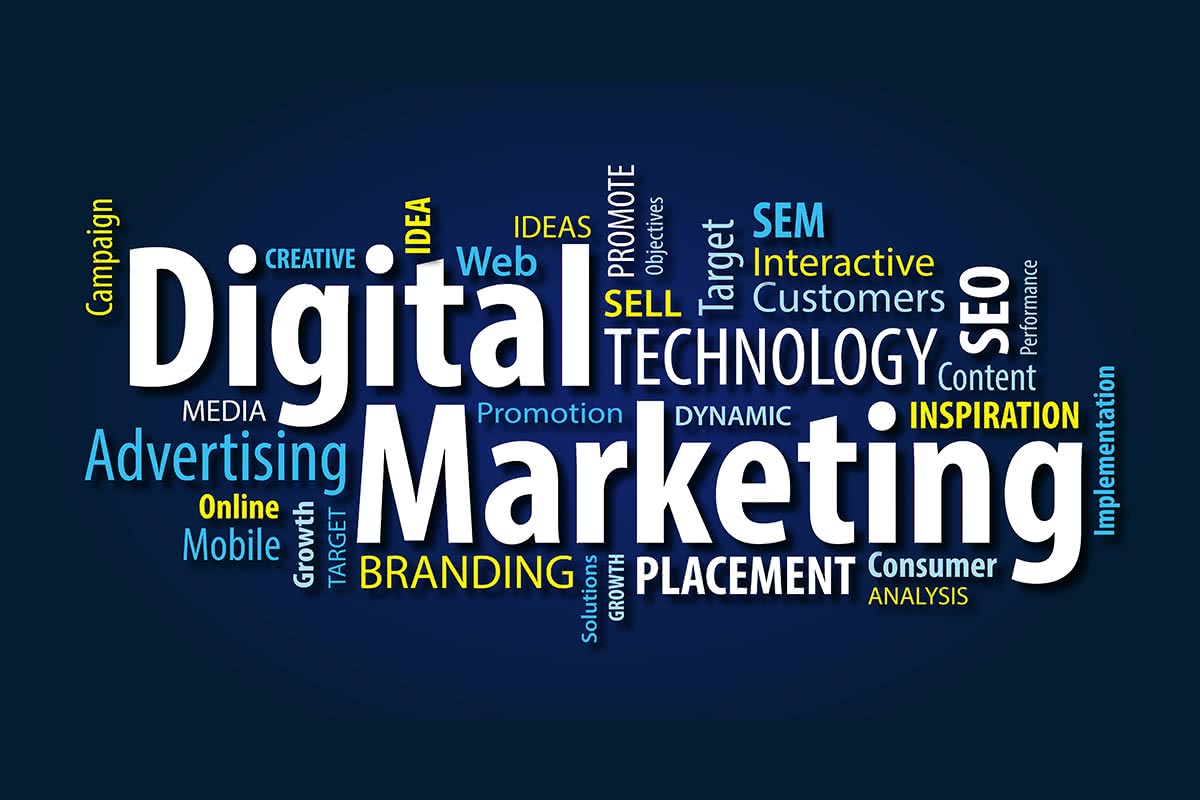
Digital marketing courses are designed to provide students with comprehensive knowledge and practical skills in various aspects of digital marketing, such as SEO, content marketing, social media, email marketing, and analytics. Here’s an overview of the typical structure and topics covered in a digital marketing course:
Course Topics
1. Introduction to Digital Marketing
- Overview of digital marketing
- Digital marketing strategies and trends
- Key digital marketing channels
2. Search Engine Optimization (SEO)
- On-page and off-page SEO techniques
- Keyword research and optimization
- Link building strategies
- SEO tools and analytics
3. Content Marketing
- Content strategy and planning
- Creating and curating content
- Content promotion and distribution
- Measuring content performance
4. Social Media Marketing
- Social media platforms and their uses
- Creating a social media strategy
- Social media advertising
- Community management and engagement
5. Pay-Per-Click (PPC) Advertising
- Introduction to PPC
- Google Ads and other platforms
- Campaign creation and management
- Keyword bidding and optimization
6. Email Marketing
- Building an email list
- Crafting effective email campaigns
- Email marketing automation
- Analytics and performance measurement
7. Web Analytics
- Introduction to web analytics
- Google Analytics and other tools
- Measuring and analyzing website traffic
- Reporting and insights
8. Affiliate Marketing
- Understanding affiliate marketing
- Creating an affiliate program
- Managing and optimizing affiliate partnerships
9. Mobile Marketing
- Mobile marketing strategies
- Mobile SEO
- SMS and push notifications
- Mobile app marketing
10. Digital Marketing Strategy and Planning
- Creating a digital marketing plan
- Budgeting and resource allocation
- Integrated marketing communications
- Evaluating and adjusting strategies
Course Structure
1. Lectures: Weekly lectures covering theoretical aspects of digital marketing and practical examples.
2. Assignments: Regular assignments to apply learned concepts to real-world scenarios, such as creating marketing campaigns.
3. Projects: Capstone projects or group projects where students develop a comprehensive digital marketing plan for a business.
4. Exams: Mid-term and final exams to assess understanding and knowledge retention.
5. Workshops: Interactive workshops focusing on tools and techniques used in digital marketing.
6. Guest Speakers: Industry experts may be invited to provide insights into current trends and best practices in digital marketing.
7. Practical Labs: Hands-on sessions with digital marketing tools like Google Analytics, Google Ads, social media platforms, and SEO tools.
Learning Outcomes
By the end of the course, students should be able to:
- Develop and implement digital marketing strategies.
- Optimize websites and content for search engines.
- Create and manage social media campaigns.
- Design and execute email marketing campaigns.
- Analyze and interpret web analytics to improve marketing efforts.
- Utilize PPC advertising to drive targeted traffic.
- Understand and apply content marketing strategies.
- Create comprehensive digital marketing plans for businesses.
If you have any specific questions or need more detailed information on any of these topics, feel free to ask!
